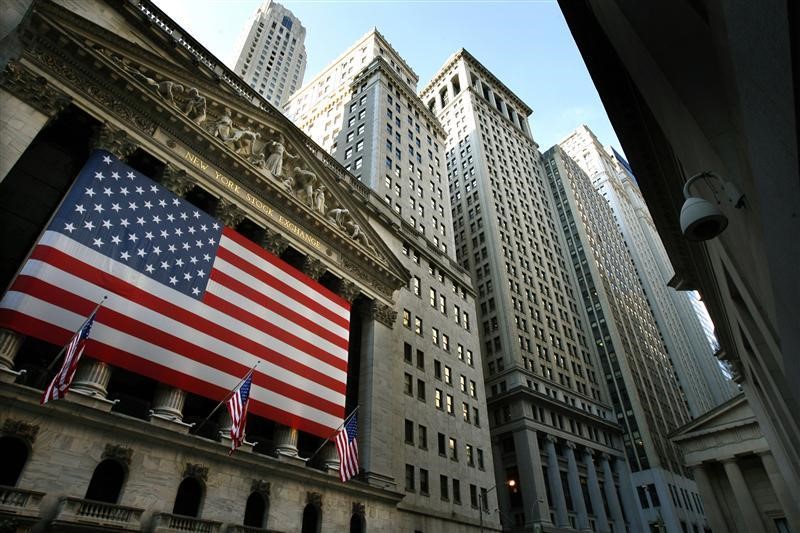This post was originally published on this site
https://i-invdn-com.akamaized.net/news/LYNXMPEB4G09M_M.jpg
Investing.com — U.S. stock markets opened strongly higher on Friday in response to a blowout employment report for February that allowed the prospect of a strong recovery to outweigh fears of higher interest rates for once this week.
By 9:35 AM ET (1435 GMT), the Dow Jones Industrial Average was up 224 points, or 0.7%, at 31,148, while the S&P 500 was up 0.5% and the Nasdaq Composite – again underperforming – rose 0.1%.
Earlier, the government had said that the U.S. economy had added 379,000 jobs in February, almost double the consensus forecast for 182,000 and a dramatic acceleration from the past two months. January’s payroll growth was also revised up by over 100,000 to 166,000.
“A very strong jobs report for February is just the start,” said James Knightley, chief international economist with ING, in a note to clients. “Construction is set to rebound next month after winter storms and with more state Governors relaxing Covid containment measures we expect to see even better numbers in March and April.”
He expected further support for the job market from the rapid rollout of vaccines across the country in the second quarter. U.S. President Joe Biden said earlier this week that the country will have enough vaccine for all adults by the end of May – two months ahead of his previous estimate. That’s because the Food and Drug Administration has now approved a one-shot vaccine developed by Johnson & Johnson (NYSE:JNJ) that allows the inoculation campaign to be ramped up more quickly. The U.S. is currently vaccinating more than 2 million people a day.
Again, there was pressure on higher-value tech names, notably some of the key holdings of fund manager Cathie Wood’s ARKK suite of funds. Tesla (NASDAQ:TSLA) fell another 5% to trade below $600 for the first time since early December, while Snowflake (NYSE:SNOW) stock fell 5.2%. Other electric vehicle makers that have enjoyed sky-high valuations so far – thanks in large part to assumptions of interest rates near zero for the foreseeable future – also weakened. ADRs of Nio (NYSE:NIO) fell 5.2%, while Fisker (NYSE:FSR) stock fell 3.1% and Churchill Capital IV , the SPAC through which Lucid Motors has agreed to go public, fell another 5.2%. CCIV (NYSE:CCIV) has now lost some 60% from its peak valuation less than a month ago.
Mean reversion was also in evidence with Gap (NYSE:GPS) rising 8.3% after its latest earnings promised an upturn in its fortunes, while Costco (NASDAQ:COST) fell 2.9% as its update signaled that the panic-buying of last year is unlikely to return.
Energy companies continued to be well bid, after the decision by OPEC to keep its output unchanged on Thursday. ConocoPhillips (NYSE:COP) stock rose 5.9% to its highest since the start of the pandemic. Exxon Mobil (NYSE:XOM) stock gained 2.1% and Chevron stock (NYSE:CVX) 3.0%. Oilfield services companies stocks were also lifted by hopes that higher crude prices will prompt an uptick in work in the shale patch. Schlumberger (NYSE:SLB) stock rose 1.8% while Halliburton (NYSE:HAL) stock rose 3.7%.

